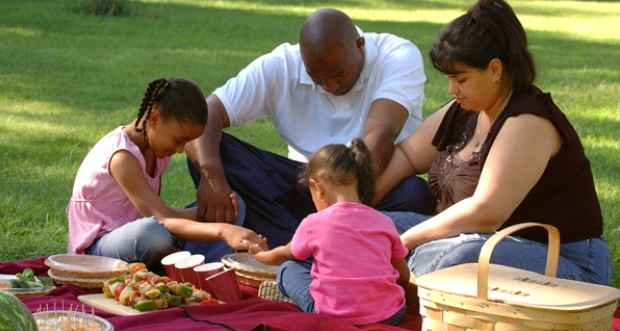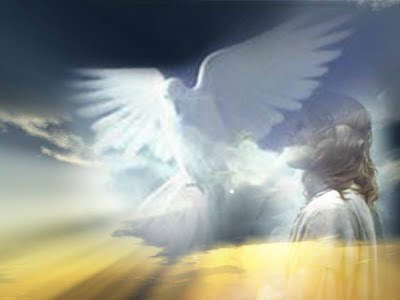Palm Sunday And The Eating Of The Passover Feast

(By Fr. Dexter Brereton)
One time the Tortoise met the Leopard on the road. The Leopard said, “I’ve been looking for you for a long time. I’m going to eat you!” The little Tortoise said, “Just grant me one favour before you devour me.” The Leopard agreed.
“I must prepare my mind, “ said the Tortoise.
The Leopard growled impatiently.
Then the Tortoise began to jump all over the road, throwing the dust every which way. He scattered the sand everywhere and ran madly back and forth across the road. Then he came back and stood proudly in front of the Leopard. “I am ready,” he said.
“Is that how you prepare for what I’m going to do to you?” snarled the Leopard.
“Yes” said the Tortoise. “Because from now on, when people walk by this spot they’ll see these marks on the road and say, “This was a great struggle between two equals.” They’ll remember that even a little Tortoise once fought the mighty Leopard. Perhaps the sign of our fight will give them the courage to fight you themselves.”
Today, Palm Sunday, the Church reads the account of the passion of Christ according to Luke. Luke’s very beautiful story begins with Jesus planning a final meal with his disciples. He says: “I have longed to eat this Passover with you before I suffer.” In Jewish liturgy, the Passover marked God’s central liberating act, which stood at the very beginning of their history as a nation. The Christian community will take over this potent Jewish symbol as a means of explaining to others what had been the most important thing that had happened to them and to Jesus, his ‘passing over’ from death to life with God. The Passover meal itself, historically was thought to be linked to an older pagan custom which the Jews themselves took over and ‘renovated’ giving new meaning to it. It was thought to be an annual feast celebrated by shepherds for the well being of their flocks. Now, in the Christian community the Passover lamb will take on new meaning. He is none other than Jesus, whose blood saves his followers, and all who come to believe in him, from everlasting death. His blood, marking our spiritual houses spares us from the wrath of the angel of death.
The point is, much like the tortoises actions in the little African story I told at the beginning of this homily, the action of ‘eating this passover’ in the life of Jesus would give great meaning to his death, which from the perspective of an outsider was both tragic and utterly meaningless. By celebrating his meal, by signaling the voluntary nature of his death, Jesus turned it into a sacrifice, rather than a thing of shame. His death, because of this beautiful, final meal together, was his final act of loving self-sacrifice. As Jesus says in the Gospel of John: No one takes my life from me, I lay it down of my own accord. (John 10: 18).
Reflection on its meaning in my own life, I am reminded that I can do the same in my own life. I can ‘eat the passover’ before I suffer. I can make use of my own suffering and give it spiritual meaning. I remember for many years I used to ‘offer up’ all my sufferings for a relative of mine who was addicted and was now walking the streets. We can all make use of our sufferings. We can all give the things we suffer, our share of the cross great meaning by using them as a means of praying for others this Holy Week. Let us not waste our sufferings.






